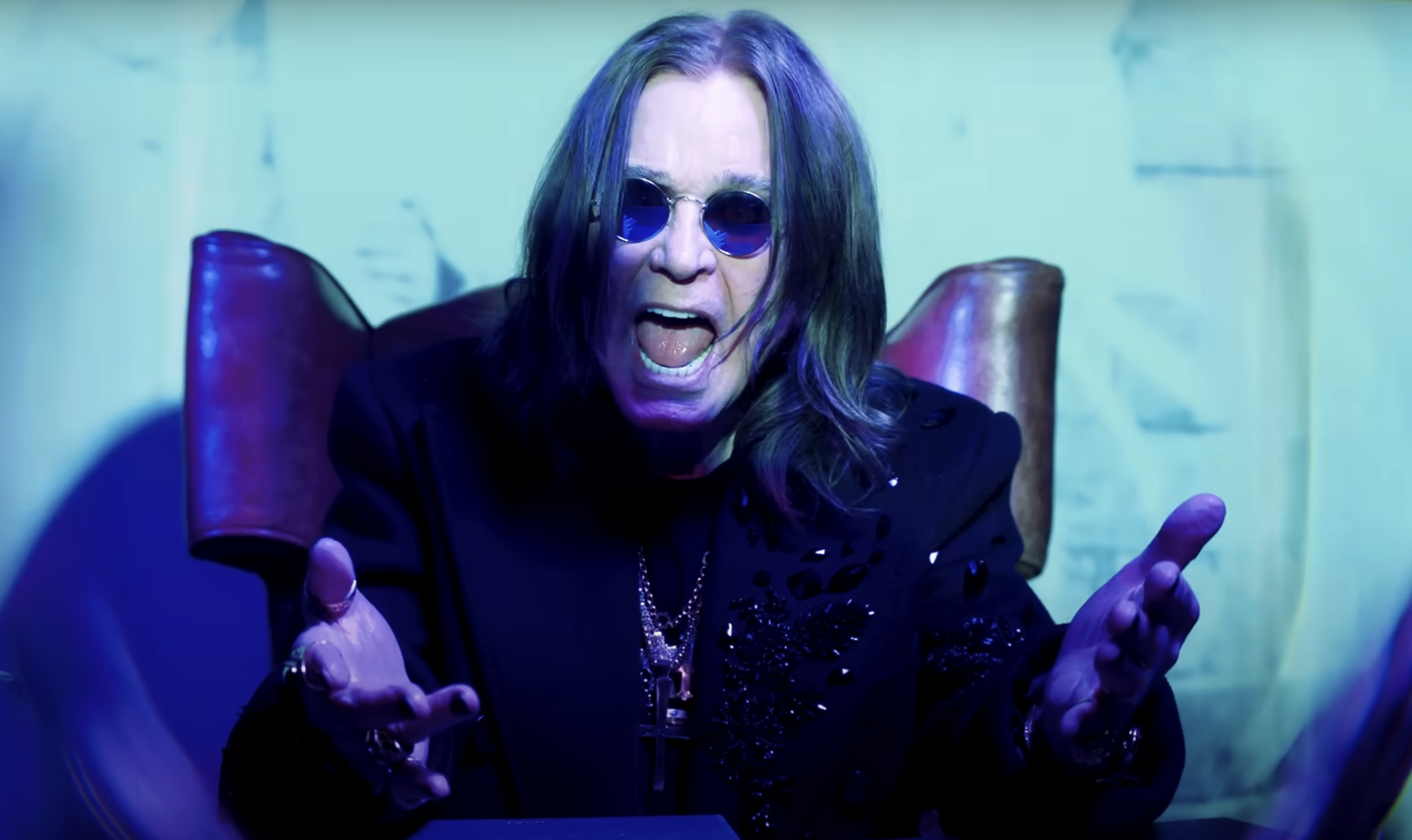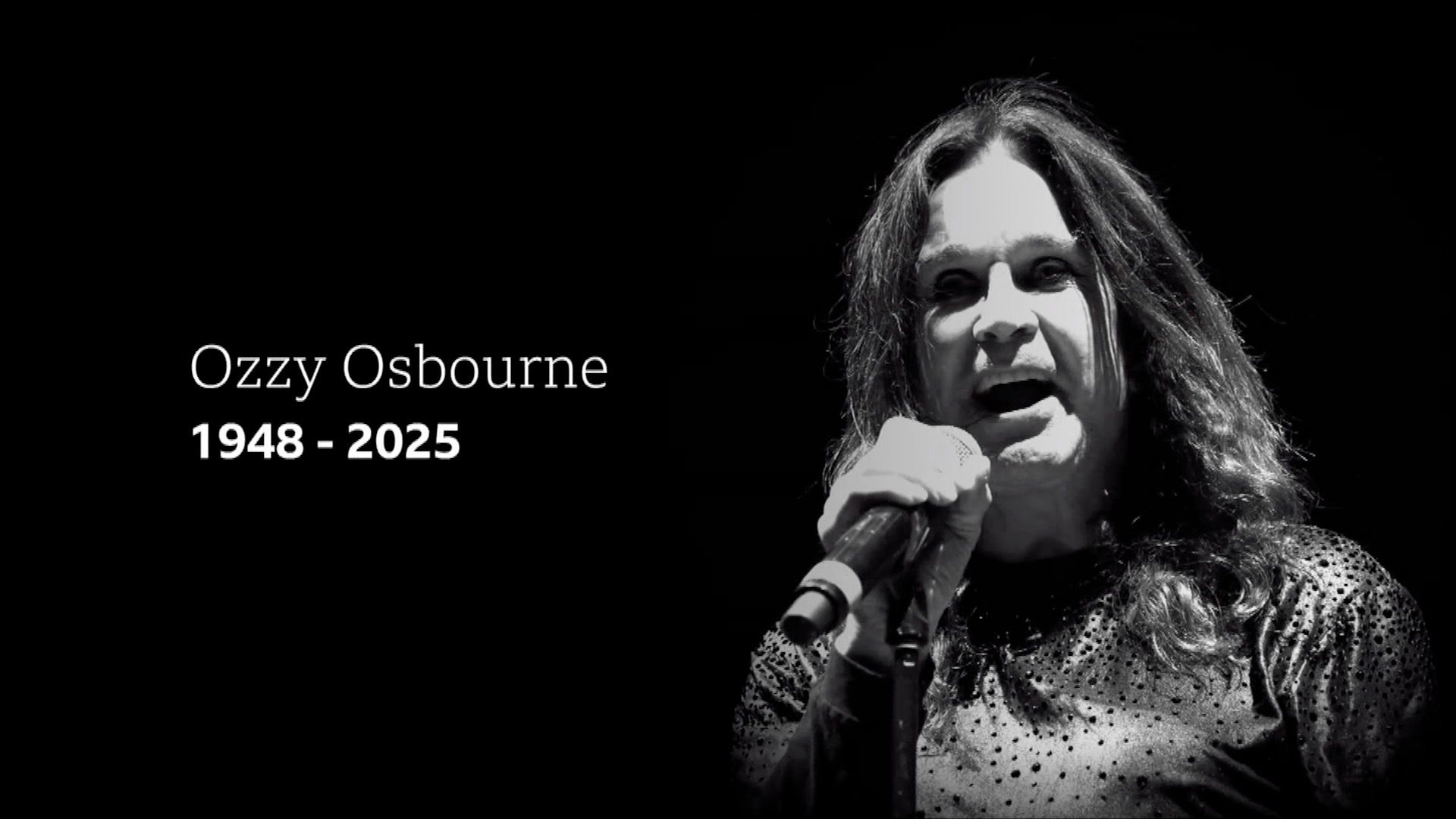
Ozzy Osbourne: Journey of a Timeless Rock Legend
When it comes to rock music, few names shine as brightly as Ozzy Osbourne. This enigmatic figure has spent over five decades captivating audiences with his unique sound, outrageous persona, and unforgettable performances. From his early days with Black Sabbath to his successful solo career and even his reality TV ventures, Ozzy’s influence on music and culture is immense. This article takes you on a deep dive into the life and times of this iconic figure, exploring the ups and downs of a rock star who has seen it all.
Early Life: The Foundation of a Future Icon
Ozzy Osbourne was born as John Michael Osbourne on December 3, 1948, in Birmingham, England. He was the fourth of six children in a working-class family. Growing up in a household where financial struggles were common, he quickly learned the value of determination and resilience—a theme that would echo throughout his life and career.
Ozzy's childhood was marked by challenges, including social anxiety and struggles in school due to learning difficulties. Often bullied by his peers and feeling the weight of expectations, he sought refuge in music. Inspired by the rock and roll explosion of the late 1960s, Ozzy discovered a passion for singing that would change his life forever.
The Birth of Black Sabbath
In 1968, while working various odd jobs to make ends meet, Ozzy met guitarist Tony Iommi, bassist Geezer Butler, and drummer Bill Ward. They formed a band initially called Earth, which soon morphed into Black Sabbath. The band’s self-titled debut album released in 1970 ushered in a new era of music and was a pivotal moment in the development of heavy metal.
With its dark, ominous sound and Ozzy's haunting vocals, Black Sabbath quickly captured the attention of music lovers. Tracks like "Black Sabbath" and "The Wizard" were groundbreaking, featuring heavy guitar riffs and lyrics that explored themes of horror, despair, and the darker sides of human nature. The band followed up with a string of successful albums, including "Paranoid," which solidified their legendary status. Ozzy, with his distinct voice and charismatic stage presence, became the face of the band and heavy metal itself.
The Rollercoaster of the 70s
The 1970s were a tumultuous time for Ozzy and his bandmates. With skyrocketing fame came the pressures of the rock and roll lifestyle. While they were enjoying massive success, substance abuse began to play a significant role in their lives. The tours were grueling, and the addiction to drugs and alcohol took a toll on the band’s dynamics and Ozzy's mental health.
Throughout the decade, Black Sabbath released numerous albums that would become classics. Yet, internal conflicts grew, and by 1979, after a series of disappointing albums and mounting tensions within the group, Ozzy was fired from Black Sabbath. This could have spelled disaster for his career, but instead, it led to a rebirth.
A New Dawn: Ozzy Goes Solo
In 1980, determined to reclaim his career, Ozzy Osbourne launched his solo journey with the release of "Blizzard of Ozz." Featuring the blistering guitar work of Randy Rhoads, this album was a monumental success. The tracks "Crazy Train" and "Mr. Crowley" became staples of rock music, showcasing not only Ozzy's vocal prowess but also his ability to connect with fans through powerful lyrics and unforgettable melodies.
Following the incredible success of "Blizzard of Ozz" was "Diary of a Madman," which further solidified Ozzy's status as a rock icon. However, tragedy struck when Randy Rhoads died in a plane crash in 1982. This event devastated Ozzy, leading him to question his future in music. The bond between the two was strong, and Rhoads’ death left a void that seemed impossible to fill.
The 80s: Ozzy as a Cultural Phenomenon
Despite the heartbreak, the 1980s saw Ozzy Osbourne thrive as a solo artist. With albums like "Bark at the Moon" and "The Ultimate Sin," he continued to produce hits that resonated with fans worldwide. The heavy metal landscape was changing, and Ozzy adapted to these changes while staying true to his sound. His music videos became popular on MTV, filled with wild visuals and theatrical elements, making him a recognizable figure not just in music but in pop culture.
During this time, Ozzy's concerts evolved into elaborate spectacles, attracting massive crowds. He was not just a musician; he was a cultural phenomenon. However, behind the scenes, he battled addiction, and the chaos of his personal life often spilled into the public eye, leading to controversies that only enhanced his mystique.
Reality TV: A New Era
By the early 2000s, Ozzy Osbourne's life took an unexpected turn with the launch of "The Osbournes," a reality TV show that aired in 2002. The show provided an unfiltered look into his family life, showcasing his relationships with his wife Sharon and their children, Kelly and Jack. It was a stark contrast to the heavy metal image that had defined his career for decades. Fans were treated to humorous, candid moments that humanized Ozzy and made him relatable.
While some fans were taken aback by this new portrayal of the rock star, others embraced it. The show became a cultural sensation, winning multiple awards and introducing Ozzy to a new generation of fans. His genuine personality and comedic timing shone through, proving that there was more to him than just the "Prince of Darkness" persona.
Legacy and Influence: An Indelible Mark
As the years progressed, Ozzy Osbourne continued to tour, release new music, and collaborate with contemporary artists. Albums like "Black Rain" and "Scream" showcased his ability to evolve while remaining true to his heavy metal roots. Even in his 70s, he retained a loyal fanbase and continued to attract new listeners, demonstrating his lasting relevance in the ever-changing music landscape.
Ozzy’s influence stretches beyond music—he has inspired countless artists across various genres. His distinctive vocal style, theatrical performances, and willingness to push boundaries have left an indelible mark on the music industry. More than just a musician, he has become a symbol of resilience, and his personal struggles resonate with fans worldwide.
Facing Health Challenges: A Testament to Resilience
In 2020, Ozzy publicly revealed his battle with Parkinson's disease, a diagnosis that had been a source of private struggle for him and his family. The news shocked fans and the music community, but true to his spirit, Ozzy faced the challenge with courage and openness. He acknowledged the difficulties while emphasizing his love for music and performing.
Despite the physical challenges, Ozzy's determination remains unshakeable. He continues to create music, collaborate with artists, and inspire others through his journey. His resilience serves as a reminder that even legends face battles, but it's how they rise from adversity that truly defines them.
Conclusion: Ozzy Osbourne’s Everlasting Legacy
As we look back on the incredible journey of Ozzy Osbourne, it’s clear that his story is one of triumph, tragedy, and transformation. From his humble beginnings in Birmingham to becoming one of the most recognized faces in rock music, Ozzy has not only survived the rock and roll lifestyle but thrived in it. He has inspired generations of musicians, captivated audiences with his music, and remained a beloved figure in pop culture.
As Ozzy continues to navigate the complexities of life, his legacy will undoubtedly endure. His music, stories, and larger-than-life personality have secured his place in rock history, reminding us all of the power of resilience, creativity, and, above all, the enduring spirit of rock and roll. Whether you’re a lifelong fan or just discovering his music, one thing is for sure: Ozzy Osbourne is not just a musician; he is a rock legend whose impact will echo for generations to come.














